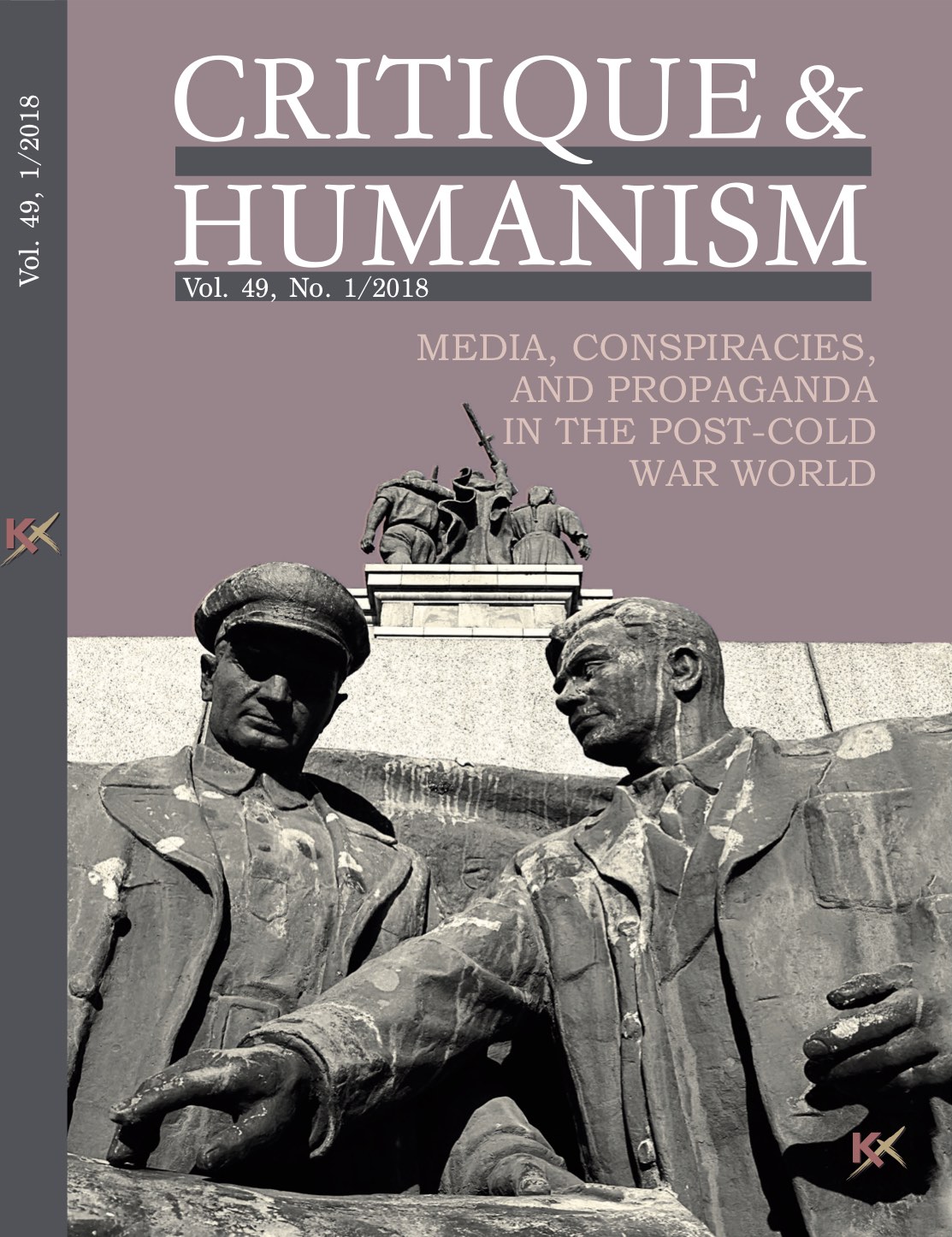The Affects of Democracy
The Affects of Democracy
Author(s): Chantal MouffeSubject(s): Philosophy, Political Philosophy
Published by: Фондация за хуманитарни и социални изследвания - София
Keywords: agonistics; post-politics; left and right populisms; political passions and affects; the return of the political; the future of democracy
Summary/Abstract: In this paper, after presenting the main tenets of her theoretical approach, Chantal Mouffe shows how this approach is particularly suited to grasp the nature of the populist moment that characterises our present conjuncture and of how to answer the challenge that it represents.She argues that to give account of the ineradicability of antagonism and of the hegemonic nature of politics, the agonistic approach should be able to address the question: How could a democratic order acknowledge and manage the existence of conflicts that did not have a rational solution? And what is the specific role of political passions in these conflicts? By ‘passions’ she designates a certain type of common affects that are mobilised in the political domain in the formation of the we/they forms of identification and points out that for Freud, affects are the qualitative expression of the quantity of libidinal energy of the instincts. This libidinal energy is malleable and can be oriented in multiple directions, producing different affects. To explicit this point, Mouffe brings in insights from Spinoza’s conception of affects, namely his distinction between affection (affectio) and affect (affectus). Like Freud, Spinoza believes that it is desire that moves human beings to act and he notes that what makes them act in one direction rather than in another are the affects. An affection, for him, is a state of a body insofar as it is subject to the action of another body. When affected by something exterior, the ‘conatus’ will experience affects that will move it to desire something and to act accordingly. Mouffe finds this dynamics of affectio/affectus helpful to envisage the process of production of common affects and proposes to employ this dynamics to examine the modes of construction of political identities, seeing ‘affections’ as the space where the discursive and the affective are articulated in specific practices. Both left and right populisms nowadays are affected by the recent condition of post-politics: by the long-lived hegemony of neo-liberalism that has blurred the left/right political frontier, triggered a process of pauperization and precarization and declared popular sovereignty obsolete, substituting it by the diktat of ‘experts’ under the smokescreen of ‘rational consensus’. In such a context, various populist movements have emerged, rejecting post-politics and post-democracy. They claim to give back to the people the voice that has been confiscated by the elites. Even right-wing populist movements are the expression of legitimate democratic aspirations which unfortunately are expressed in a nationalistic and xenophobic vocabulary. But the ‘people’ as a political category can be constructed in very different ways. The strategy to combat right-wing populism should consist in promoting a progressive populist movement, a left-wing populism that through the construction of another people will mobilize common affects towards a defence of equality and social justice. Because, as Spinoza was keen to stress, an affect can only be displaced by an opposed affect, stronger than the one to be repressed. Mouffe argues that in recreating political frontiers, the ‘populist moment’ we are witnessing in Europe points to a ‘return of the political’: a return that may open the way for authoritarian solutions – through regimes that weaken liberal-democratic institutions – but which can also lead to a reaffirmation and deepening of democratic values.
Journal: Критика и хуманизъм
- Issue Year: 2018
- Issue No: 49
- Page Range: 61-70
- Page Count: 10
- Language: English
- Content File-PDF

